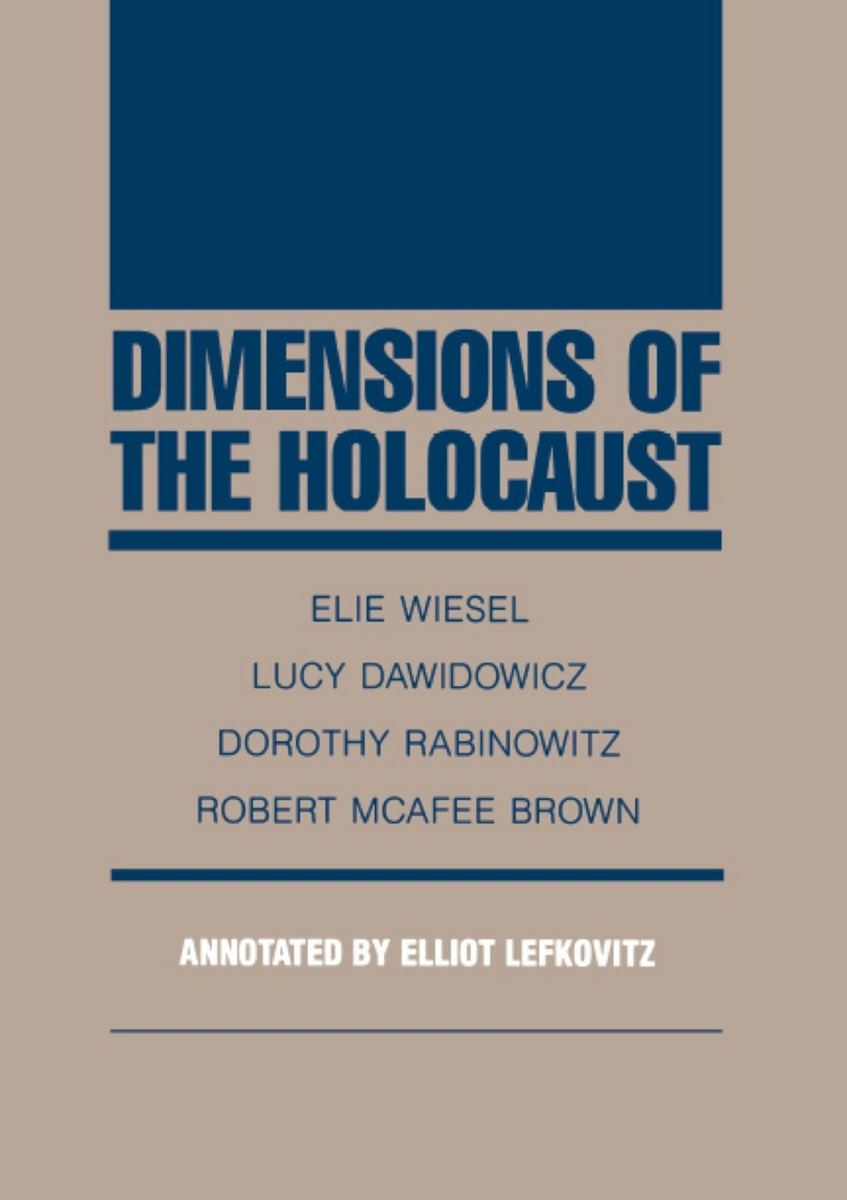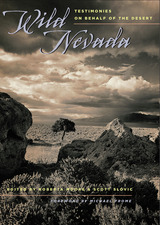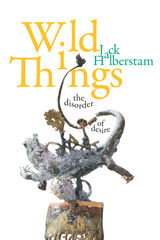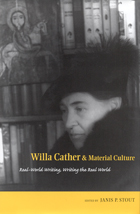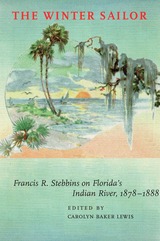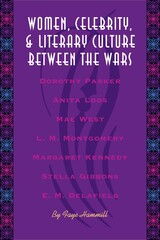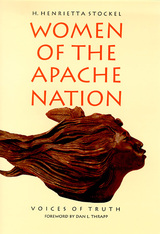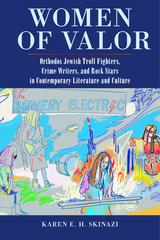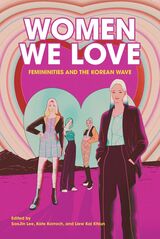Dimensions of the Holocaust
Northwestern University Press, 1990
Paper: 978-0-8101-0908-7 | eISBN: 978-0-8101-6319-5 | Cloth: 978-0-8101-0470-9
See other books on: Dawidowicz, Lucy | Dimensions | Holocaust | Smith, Lacey Baldwin | Wiesel, Elie
See other titles from Northwestern University Press
Paper: 978-0-8101-0908-7 | eISBN: 978-0-8101-6319-5 | Cloth: 978-0-8101-0470-9
ABOUT THIS BOOK | AUTHOR BIOGRAPHY | REVIEWS | TOC | REQUEST ACCESSIBLE FILE
ABOUT THIS BOOK
Elie Wiesel, Lucy Dawidowicz, Dorothy Rabinowitz, and Robert McAfee Brown explore society's inability to comprehend the horrors of the Holocaust, and its unwillingness to remember. Annotated by Elliot Lefkovitz, educational consultant for the Holocaust Memorial Foundation of Illinois, this edition contains extensive documentation of ideas and facts that have surfaced since the book's first appearance in 1977.
See other books on: Dawidowicz, Lucy | Dimensions | Holocaust | Smith, Lacey Baldwin | Wiesel, Elie
See other titles from Northwestern University Press
